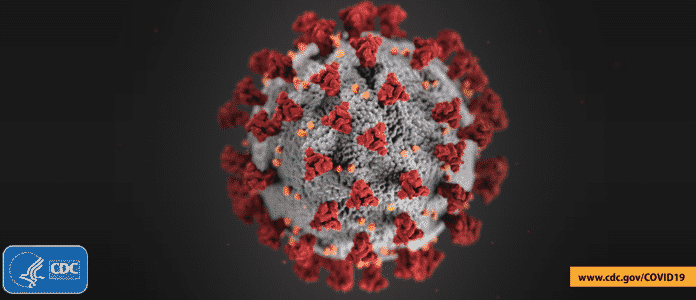With the onset of the COVID-19 pandemic, the folks at RAID International have updated certain training procedures to mitigate the potential for passing the coronavirus from person to person.
One of the training changes RAID has made has to do with regulators and air sharing.
Many RAID-sanctioned scuba classes require students to demonstrate in-water “air-sharing” exercises to meet general standards published by the agency and the various diving standards organizations to which it belongs. Further:
“Widespread concerns surrounding the novel coronavirus and COVID-19 infection have demanded we allow changes to the way this skill is demonstrated and practiced during both confined skills training and open water certification dives.”
Consequently, instead of the classic air-sharing drill where one diver gives their buddy an out-of-air (OOA) signal, their buddy donates their regulator second stage, and the diver simulating OOA places it into their mouth and breathing from it, RAID has come up with a solution to eliminate cross-infection whether it be in in chlorinated swimming pool water but also in freshwater or the open ocean.
So in the interests of diver and instructor safety, and until further notice, RAID said it wants its members to follow this revised protocol for S-Drills and in-place OOA simulations:
1. Drill begins.
2. Diver one, simulating OOA, signals their buddy, “Out of Air!”
3. Diver two presents a working second-stage regulator.
4. Diver one takes the offered regulator and switches from their primary regulator to their backup second stage while gently purging the donated second stage to check that it is working.
5. All the steps from a normal air-sharing drill are practiced—only the switch to the buddy’s regulator is simulated.
6. When the drill is completed (after horizontal swim, ascent, etc.), diver one returns the donated regulator to their buddy.
This method adequately demonstrates all of the component skills of an air-sharing drill, including having the OOA diver switch regulators without exposing either diver to an elevated risk of cross-contamination, according to RAID.
For more info on what RAID is doing in this unprecedented time of change for the scuba industry, check out the RAID website.

